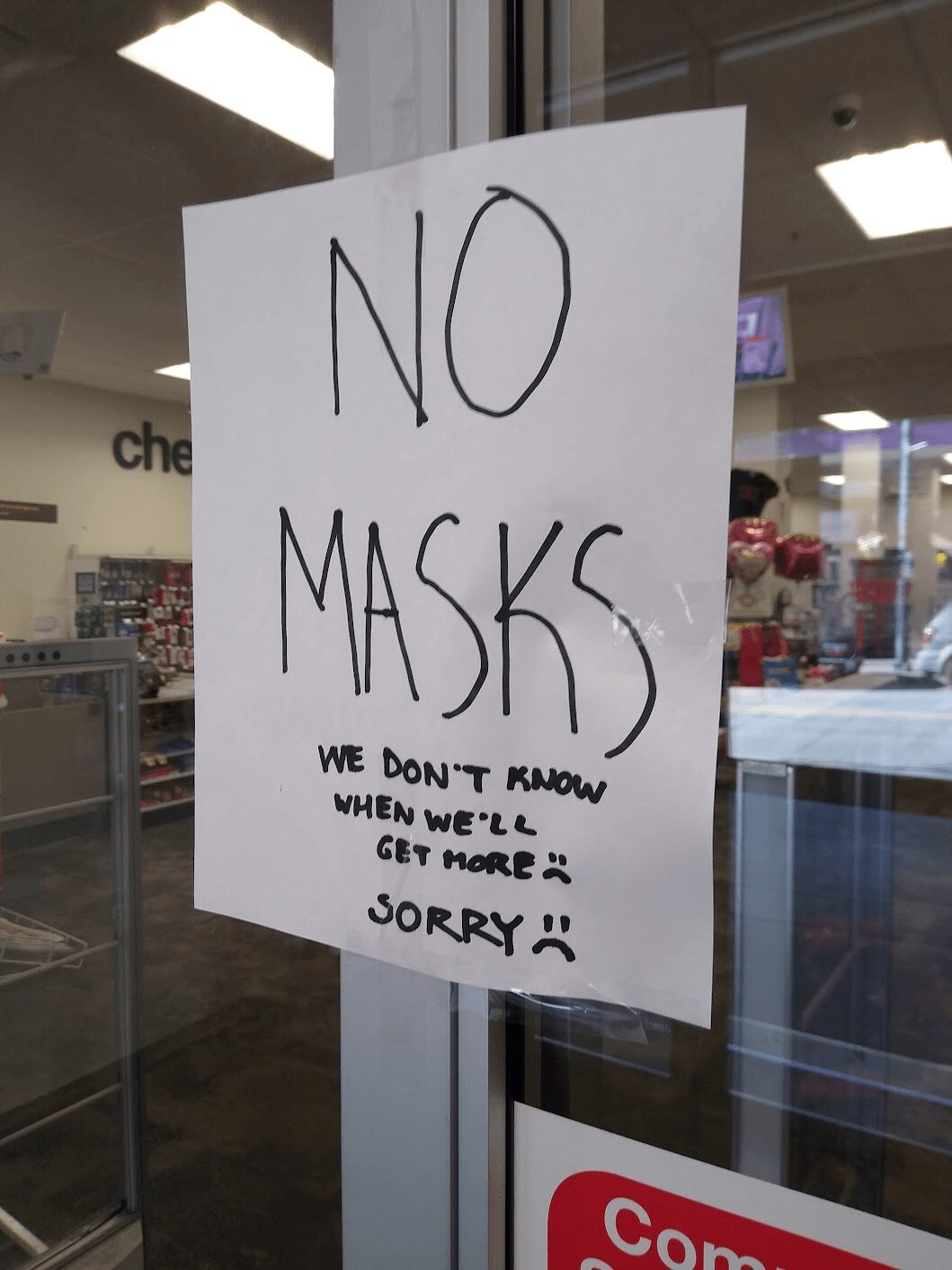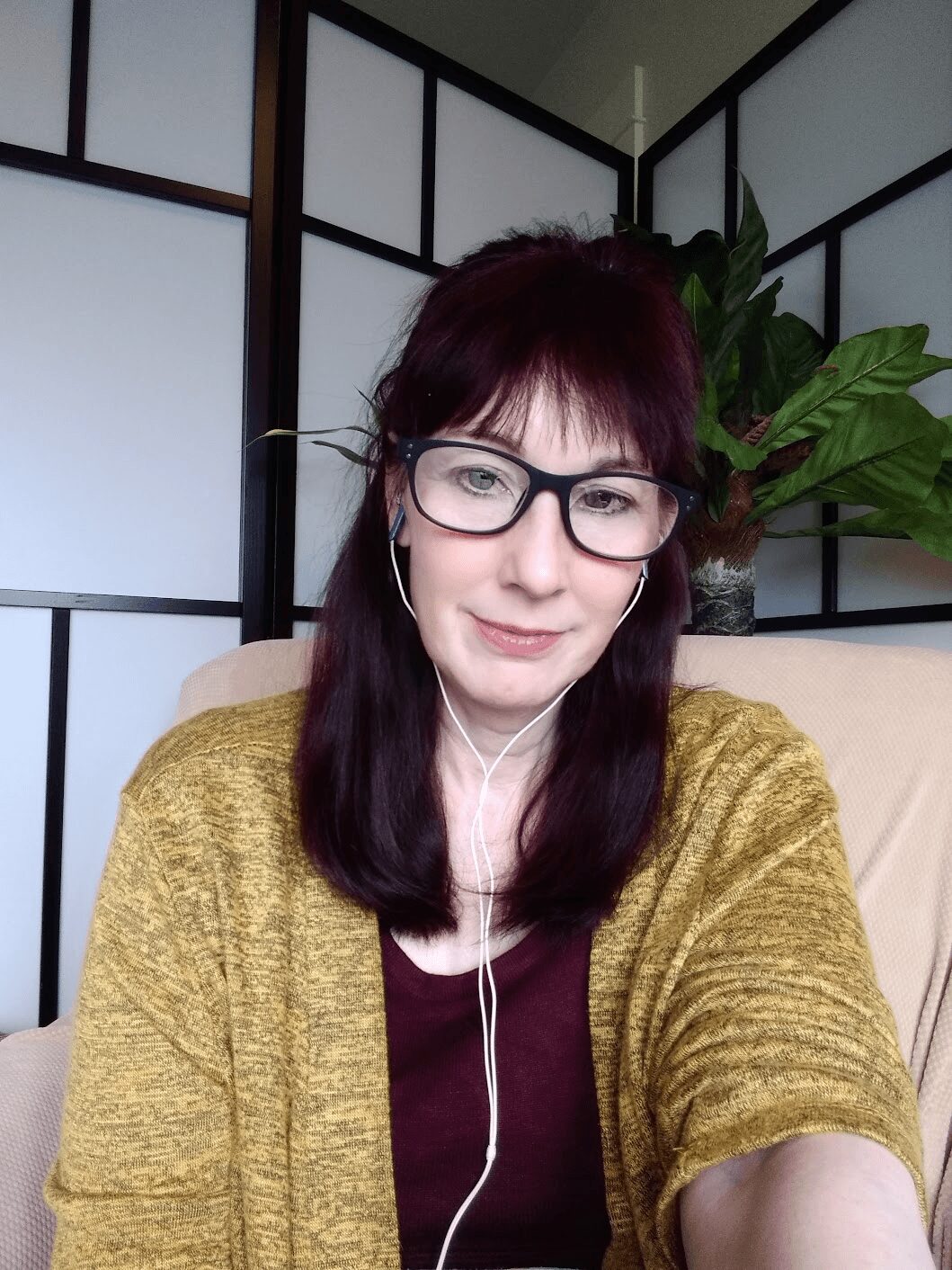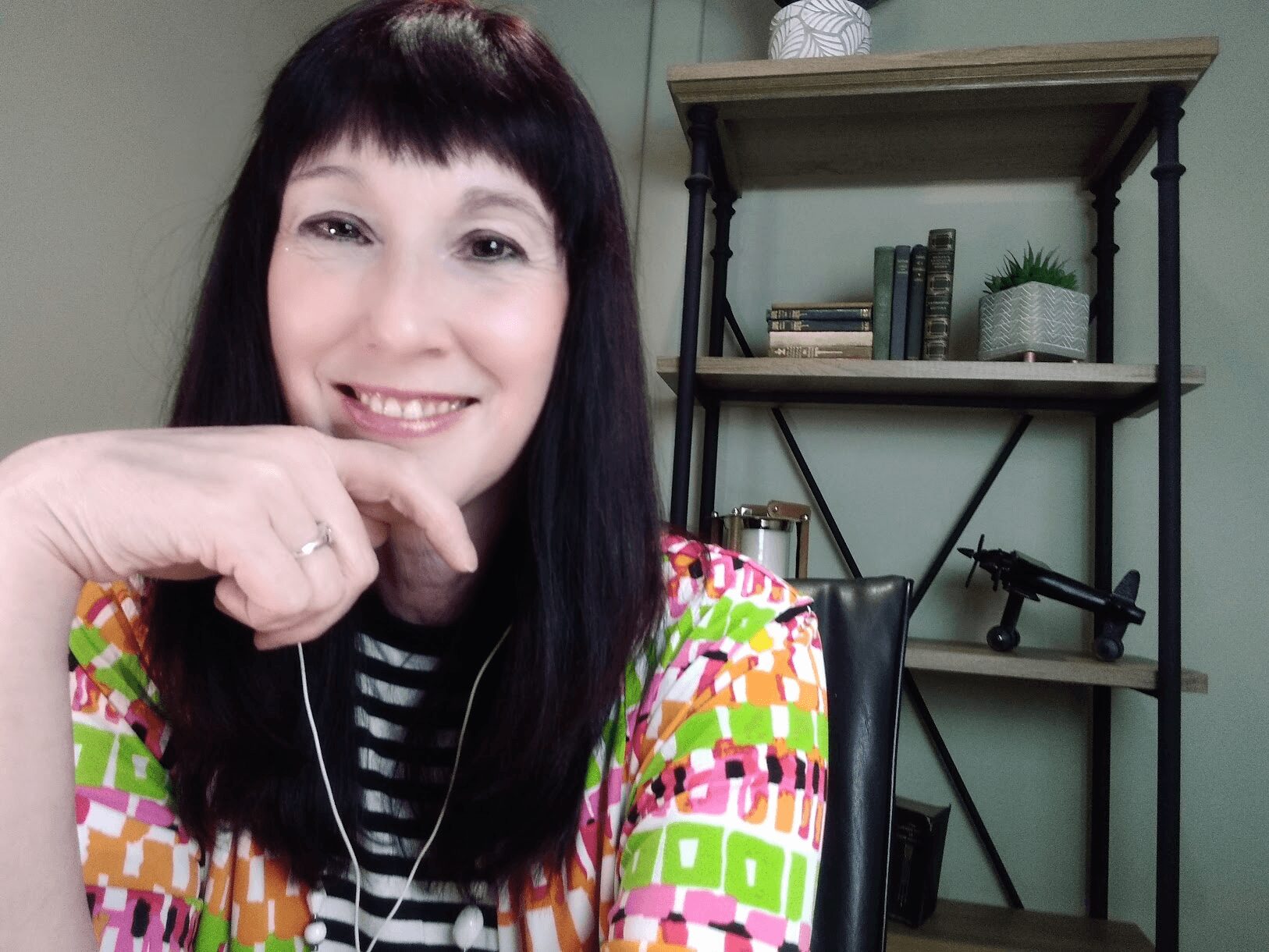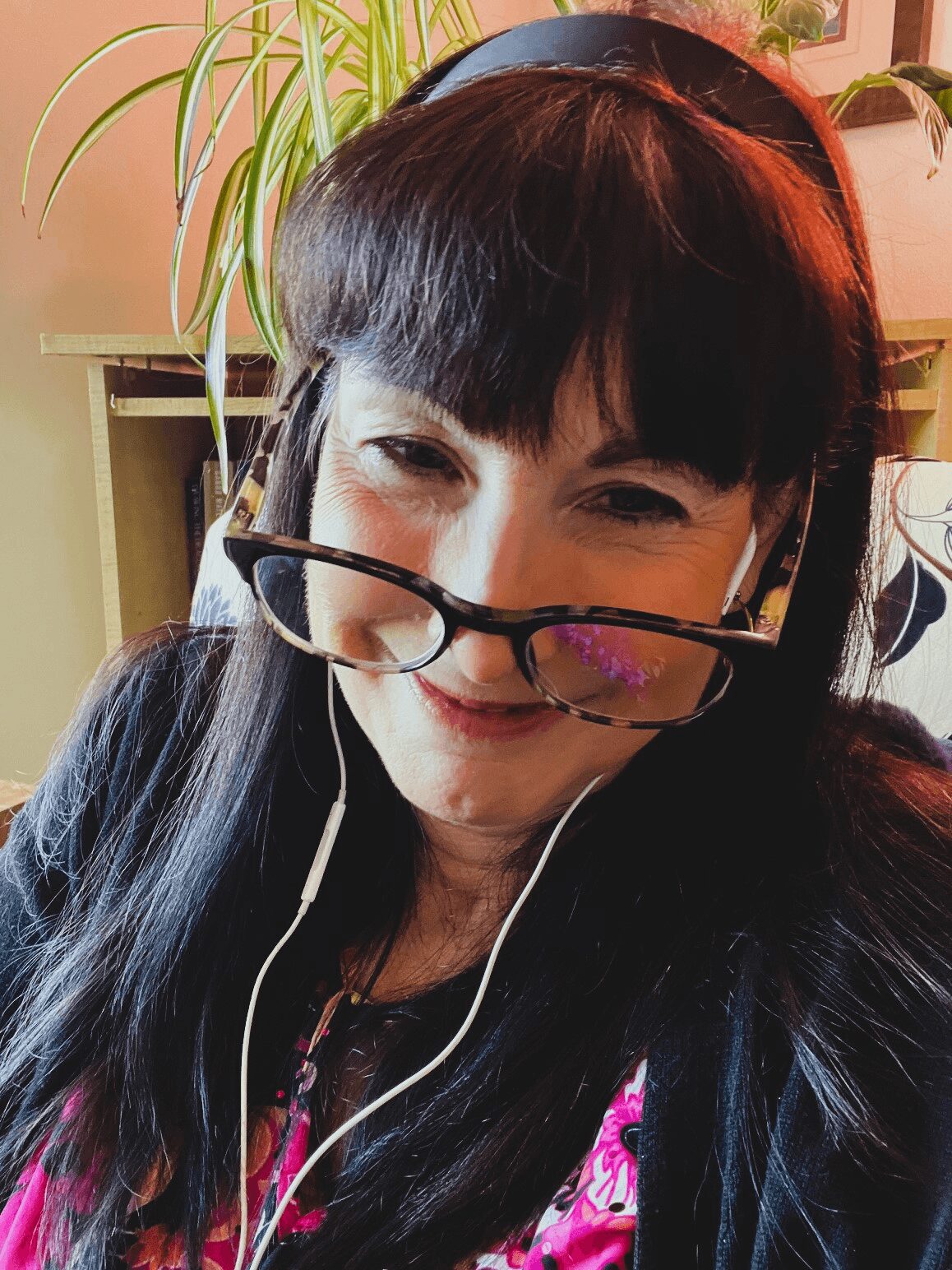We’re excited to introduce you to the always interesting and insightful Eileen Wurst. We hope you’ll enjoy our conversation with Eileen below.
Eileen, thanks for joining us, excited to have you contributing your stories and insights. Over the course of your career, have you seen or experienced your field completely flip-flop or change course on something?
During the COVID-19 pandemic, due to social distance regulations, psychotherapists who were used to working in person with clients were forced to shift to telemental health. As a result, not only did clinicians and clients need to adjust to the massive changes taking place in the outside world, but they also needed to figure out how to retain an embodied connection within the human-computer interaction of the telemental health relationship. As a psychotherapist myself, adjusting to this new reality, I was also fascinated by the rapid change in my profession that had been face-to-face for my entire career. To find a way to enable an embodied experience in the digital realm, I relied on my decades of experience as a Reiki and somatic instructor and incorporated mindfulness and somatic-based body scan meditations into each telemental health session. I discovered that by using this technique as well as other breath awareness approaches, we could continue our therapeutic relationship in the virtual space. This inspired me so much that I returned to pursue a doctorate in somatic psychology in which I am currently conducting research.

Great, appreciate you sharing that with us. Before we ask you to share more of your insights, can you take a moment to introduce yourself and how you got to where you are today to our readers.
SOMI.Clinic was founded by Eileen Wurst, a WA state-licensed mental health counselor and somatically oriented psychotherapist and supervisor in private practice in Seattle, WA for over 15 years. Previously she founded and directed the Reiki Training Program, the only state-licensed vocational school of this healing art. She is currently in her third year of the Ph.D. program in somatic psychology through the California Institute of Integral Studies conducting research on the effect of the body scan meditation on telemental health. She recently presented at the 15th International Conference on eHealth and the Society for Affective Science.
She has been featured in The Guardian and on KUOW, the NPR station for Seattle. Eileen published Touching the World Through Reiki, numerous articles in print and online, as well as guided meditations and instructional videos.
Eileen’s counseling and social work background includes employment in the areas of addictions, sexual abuse and trauma, grief and loss, geriatrics, and career counseling and transition. She has worked extensively with both adults and seniors during her career.

Other than training/knowledge, what do you think is most helpful for succeeding in your field?
After pursuing all levels of education within my field (Bachelor, Master, and now Doctorate degree), I can say that the training a psychotherapist receives serves as a foundation and a touch point for what they might encounter in direct clinical practice. But the experience of conducting a psychotherapy session is what really begins to shape the clinician. Thousands of hours of experience being a compassionate listener and solution-oriented guide for a vast array of people and the challenges they face will begin to align the training with the direct experience and allow the clinician to succeed in their profession. Along the way, having a supervisor and a consulting group who has trodden the path is necessary to allow for the redirection and insight that occurs in clinical practice.

How about pivoting – can you share the story of a time you’ve had to pivot?
During the COVID-19 pandemic, the Reiki Training Program I had established for over 17 years had to shift to an online format. My work as a psychotherapist had to become virtual as well. I noticed that the counseling sessions responded more favorably to the telehealth environment than the Reiki classes and sessions did. I had to make a decision to put the Reiki program on hold and dive deep into the telementalhealth experience. This prompted me to return to school to research how embodiment techniques have been and can be utilized in this environment.
After the pandemic, graduate teachers from the Reiki program became the next generation of teachers. I passed the baton to them and continued on in practicing and researching somatic psychotherapy.
Contact Info:
- Website: https://www.somi.clinic/
- Instagram: https://www.instagram.com/eileendey/
- Facebook: https://www.facebook.com/eileen.dey
- Linkedin: https://www.linkedin.com/in/eileen-wurst-1466431/
- Twitter: https://x.com/ReikiFellowship
- Soundcloud: https://soundcloud.com/eileen-dey-wurst
- Other: http://www.reikitrainingprogram.com



